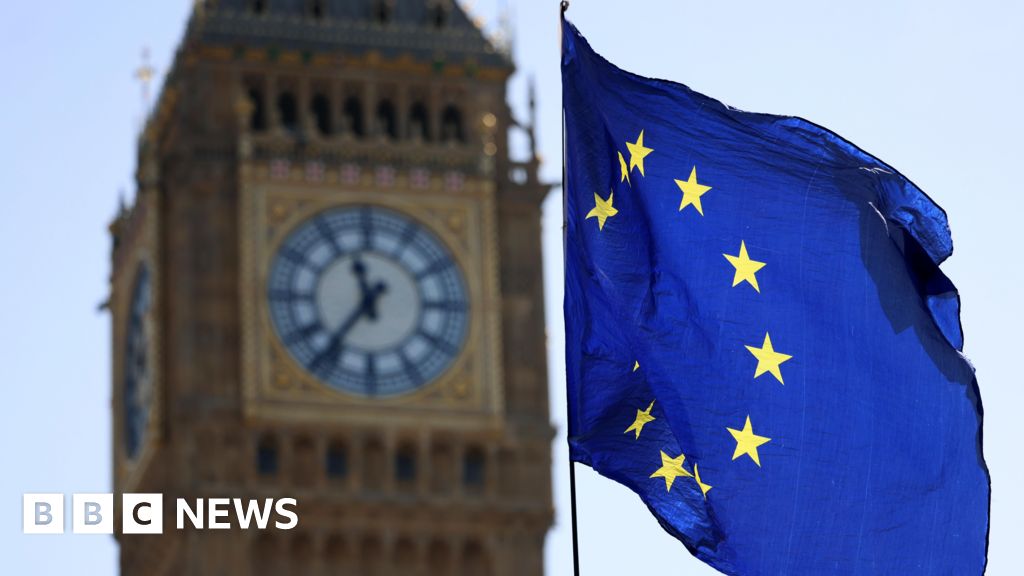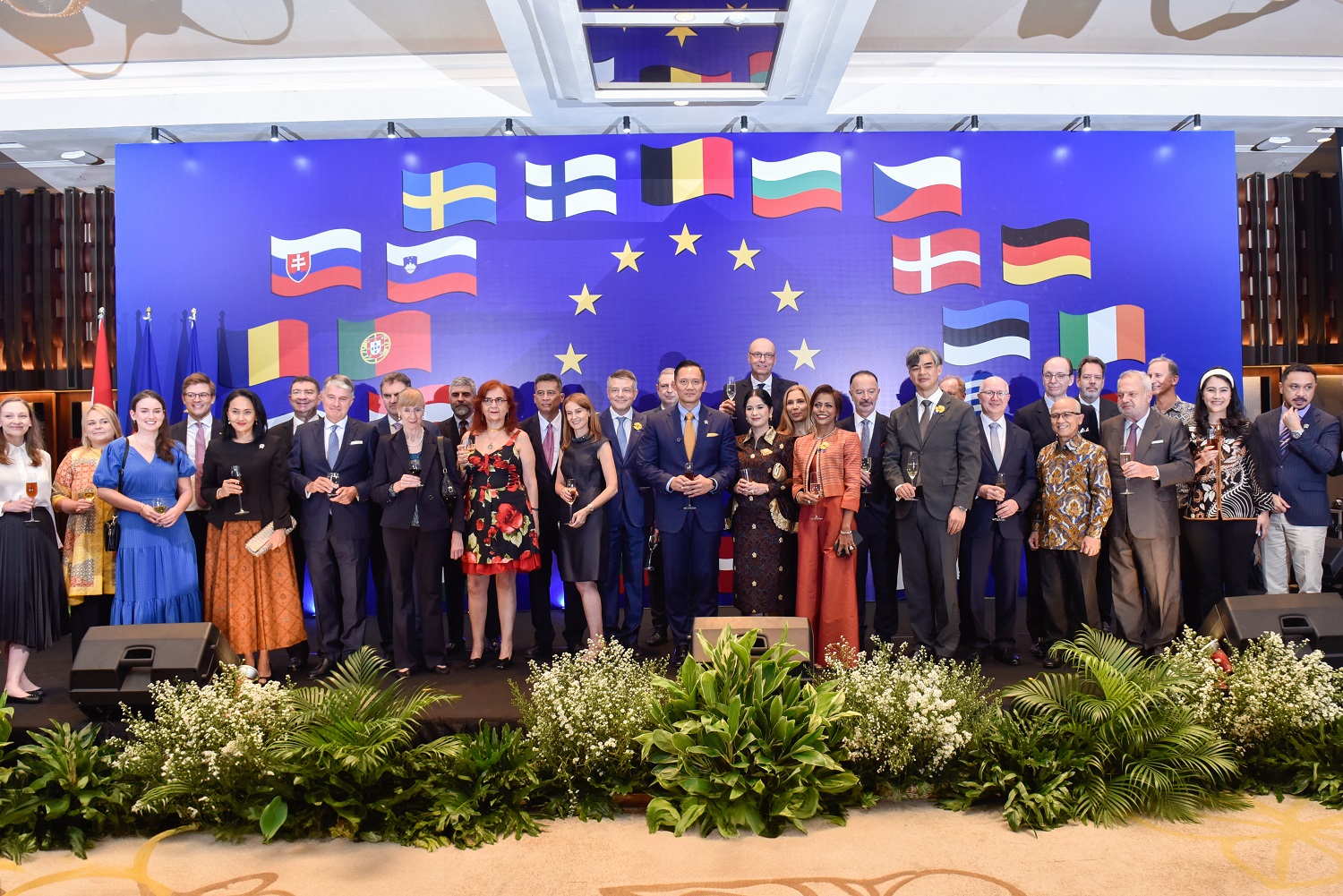UK Travel Landscape on the Verge of Major Shift with Historic EU Reset Deal, The Unexpected Twist That Changes Everything - Travel And Tour World
Monday, May 19, 2025

The UK travel landscape is on the verge of a historic transformation—one that could reset everything we thought we knew about post-Brexit Europe. This is not just another policy tweak. It’s a full-scale reset that promises to reshape the UK travel landscape, redraw the rules, and revive long-lost freedoms. As the historic EU reset deal approaches finalization, the air is charged with anticipation.
For the UK, this is more than just a diplomatic breakthrough—it’s a pivot, a reset that could affect every traveller, airport, and holiday plan. And for the EU, it’s a chance to mend bridges, realign strategies, and welcome a partner back into the fold. This historic EU reset deal marks a point of no return. Travel, borders, and business won’t be the same again.
But here’s the unexpected twist—this isn’t only about smoother airport lines or easier border checks. It’s about people. It’s about the young graduate who dreams of working in Barcelona. It’s about the family that wants a stress-free summer in Tuscany. It’s about businesses tired of red tape. This deal—this unexpected twist—has the potential to change everything.
Moreover, it redefines how the UK sees itself in Europe’s future. And just as importantly, it reopens doors that were slammed shut. As the UK travel landscape shifts again, and the historic EU reset deal inches closer, one truth becomes clear: this unexpected twist may just be the change Britain didn’t know it desperately needed.
A transformative agreement between the United Kingdom and the European Union is poised to rewrite the post-Brexit travel rulebook. The “reset” deal, to be unveiled in London tomorrow by Prime Minister Sir Keir Starmer and EU leaders Ursula von der Leyen and Antonio Costa, could deliver seismic changes for travellers, tourism businesses, and supply chains.
This isn’t just another political handshake. It’s a rescue mission for broken travel systems, sky-high food prices, and stagnating cultural exchanges.
If successful, this reset may restore some of the frictionless freedom Britons lost after Brexit—without reopening old wounds.
For millions of British travellers, one of the most frustrating post-Brexit changes was the long, sluggish queues at EU airports. Those days might soon be over.
The upcoming deal is expected to unlock access for British passport holders to use fast-track e-gates in European airports. That’s right—no more shuffling through slow non-EU lanes at border control.
This one shift alone could completely alter the travel experience for tourists and business travellers alike. Weekend getaways, summer holidays, and even quick business trips to cities like Paris, Madrid, or Rome would suddenly feel seamless again.
And for UK airports processing inbound travellers, the relief could be equally significant. Airlines and airport operators have long warned that inefficiencies are costing both time and money. This move could slash delays and enhance capacity just as summer travel peaks.
In the same reset wave, there’s another powerful change on the table—a youth mobility scheme that could restore access for thousands of young Brits to live, work, or study in EU nations.
While not a full return to pre-Brexit freedom of movement, this would be a monumental lifeline for a generation that feels robbed of their right to roam.
Imagine 18- to 30-year-olds swapping summers in Cornwall for internships in Copenhagen, or working holidays in Portugal. European cities could again become a playground for cultural exchange and early career growth.
From tourism boards to international universities and youth hostels, the ripple effect of this one measure could send revenue and exchange soaring.
The impact of Brexit on UK food imports and exports has been devastating. Supermarkets and logistics firms have faced relentless border delays, mountains of paperwork, and spoiled produce.
Now, the reset deal could cut the red tape strangling UK-EU food trade. That means faster lorry processing times, reduced costs, and less waste. For consumers, this might finally bring relief at the checkout.
Lower food import costs could help reverse the £2 billion hike in supermarket prices since Brexit. That’s more variety on shelves, lower inflation on perishables, and more stable supply chains.
For hospitality providers and restaurants who rely on imported European products—cheeses, wines, cured meats—this deal is nothing short of a lifeline.
While the headline focus is on travel, the deal also reaches into defence, promising access to the EU’s massive €150 billion (approx. £125 billion) defence and security fund.
UK defence companies would gain access to joint procurement deals, research funding, and innovation grants. For a sector that employs over 160,000 people across the UK, that’s job creation, economic opportunity, and global influence rolled into one.
More than that, it’s strategic. A cooperative defence landscape with Europe means stronger responses to shared threats, better intelligence coordination, and more stable geopolitics—all of which benefit the global travel market.
Tourism thrives on stability. This partnership could add another layer of security for the region’s future.
Since the UK left the EU’s crime databases, law enforcement has struggled to track down suspects fleeing across borders. Several high-profile cases have exposed the vulnerabilities in post-Brexit policing.
The reset deal is expected to address these gaps by restoring vital access to EU security systems, allowing UK police to track criminals more efficiently across the continent.
Safer streets. Better intelligence. Stronger cooperation. These aren’t just buzzwords—they’re the building blocks of safe tourism and global trust.
The stakes couldn’t be higher. For years, Britain’s tourism economy has struggled with unpredictability—labour shortages, visa constraints, confusing rules for tourists and operators alike.
A successful deal could restore faith. Airlines could see a lift in bookings. Hotels could see renewed demand from European youth and business travellers. Tour operators could rebuild itineraries without the cloud of bureaucratic uncertainty.
And for the millions of UK travellers desperate for a return to easy, spontaneous travel—it could signal the return of freedom, comfort, and familiarity.
This is more than policy—it’s personal.
As the summer season looms, the UK’s tourism industry needs clarity, stability, and hope. Delays in agreements have already cost the sector billions. The reset deal could be the turning point industry leaders have been demanding for years.
The agreement is set to be revealed tomorrow in London. The travel industry waits—breath held, passports ready.
For too long, Brexit has meant closed doors, longer lines, and rising costs. But tomorrow’s deal could change the narrative. With smart policy and strategic alignment, the UK and EU might just find a new way to cooperate—without going backward.
The potential benefits are too significant to ignore: faster airports, empowered youth, stronger security, cheaper food, and revived tourism.
This is a rare chance to heal and move forward.
And it’s not just about politics—it’s about people.












